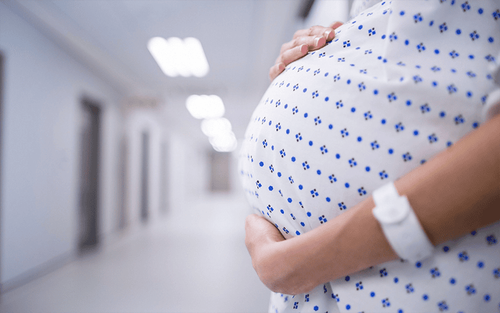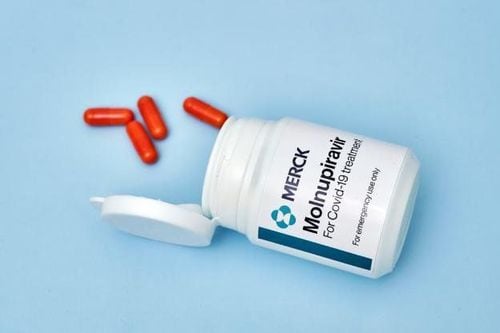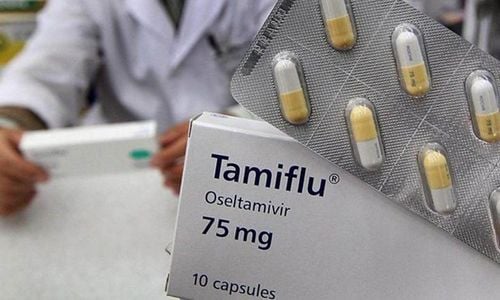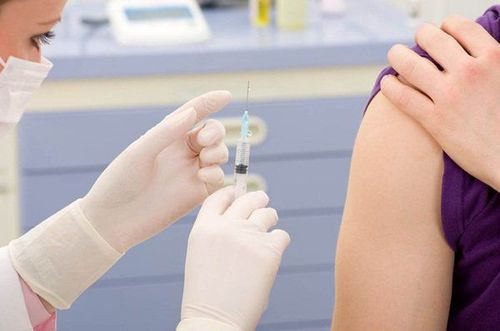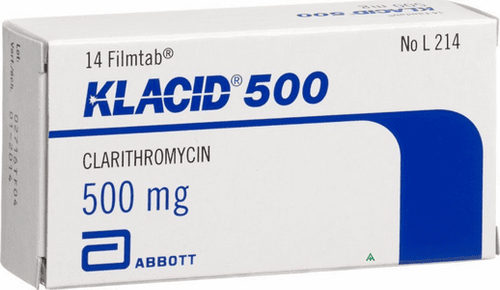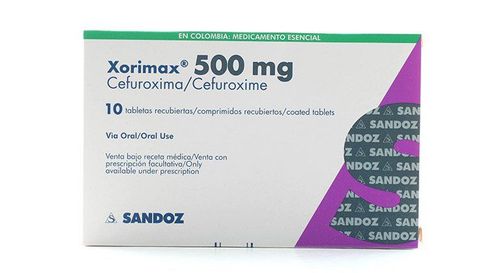This is an automatically translated article.
Article by Dr. Hoang Thanh Van - Medical Specialist - Experimental Production Department - Vinmec Stem Cell Research Institute and Gene Technology
Because the Covid-19 epidemic is still complicated, threatening the lives and health of people around the world, the research and testing of vaccines and therapeutic drugs is taking place at a rapid pace. unprecedented urgency. One of the potential treatments is the use of the antiviral drug remdesivir. The results of two phase 3 clinical trials of the drug have just been published in the prestigious medical journal The New England Journal of Medicine.
1. Overview
Vaccines and drug trials for COVID-19 are happening at an unprecedented speed. Meanwhile, around the world, the pandemic continues to spread with nearly 10 million people diagnosed (as of June 26, 2020).
One of the potential therapies is the use of the antiviral drug remdesivir (see “COVID-19 and Therapies, Part 2: Trials of remdesivir for the treatment of COVID-19”).
Results of two phase 3 clinical trials of this drug have just been published in the prestigious medical journal The New England Journal of Medicine.1,2 This article aims to summarize the latest results currently being about the safety and effectiveness of this drug.
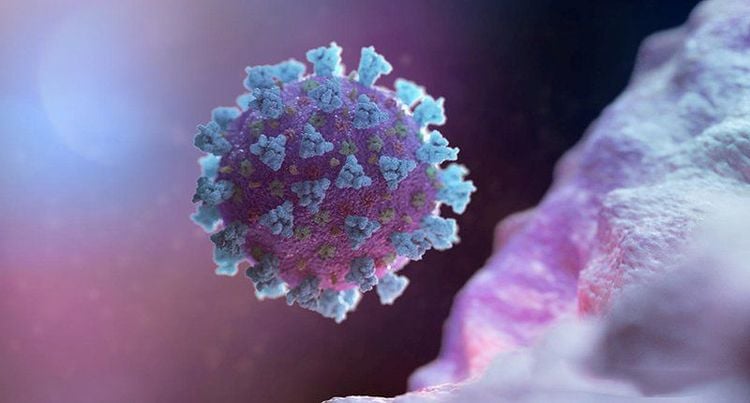
2. How effective is Remdesivir?
The interim results of the first phase 3 clinical trial of remdesivir versus placebo have attracted intense scientific and media interest.2 This was a well-designed trial: double-blind. , randomized and placebo-controlled. Patients enrolled in the study were adults hospitalized with COVID-19 and had lower respiratory tract infections. The remdesivir treatment group would receive an intravenous infusion of 200 mg on day 1, followed by 100 mg daily for up to 9 days) while the control group would receive a placebo injection for up to 10 days. Neither the doctor nor the patient knew which group the treated person belonged to in the study.
Through the evaluation of results on 1063 participants, the group treated with remdesivir showed better signs. Recovery time decreased from an average of 15 days among those receiving placebo to 11 days with those treated with remdesivir. In addition, the mortality rate in the remdesivir group also tended to be lower than in the placebo group at 7.1% versus 11.9%. Serious adverse events were reported for 114 of 541 patients in the remdesivir group (21.1%) and 141 of 522 patients in the placebo group (27.0%). One caveat is that these serious side effects can be caused by medications or by medical conditions. This shows that remdesivir can improve the patient's condition without causing worrisome side effects compared with the control group.
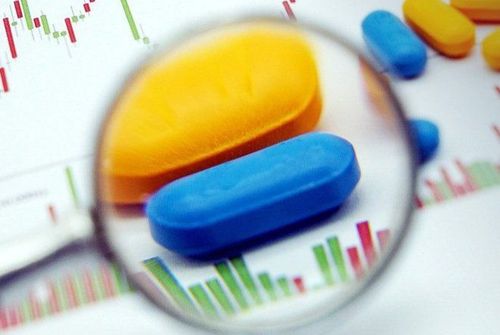
In a randomized, open-label, phase 3 trial with 397 patients comparing efficacy for 5 days or 10 days.1 The patients in this trial were critically ill, hospitalized with SARS-CoV-2 infection with an oxygen saturation of 94% or less under normal conditions and with clear evidence of pneumonia. Results showed that the effect between the two treatment periods was similar. Due to the absence of a control group, this study did not allow an overall assessment of the effectiveness of remdesivir in patients with COVID-19 infection. However, these results suggest for doctors a suitable treatment for current conditions, when the supply of remdesivir is limited. Accordingly, clinicians should give preference to 5-day remdesivir treatment for patients in the early stages of severe illness (i.e., when they are on supplemental oxygen but not yet intubated), because studies Research shows that this is the group with the most obvious progress. Gilead plans to conduct a second study that will randomize about 600 patients with moderate clinical manifestations to treatment with either 5 or 10 days of remdesivir or standard care.
Currently, remdesivir is approved by the Japanese health authority. In the United States, the FDA has approved this treatment for critically ill patients for which there is no alternative (www.gilead.com/remdesivir).
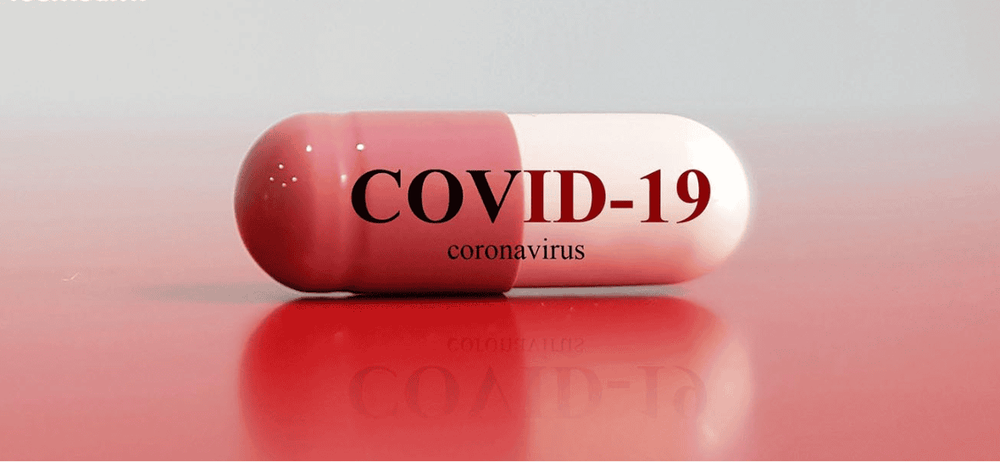
Recent medical reports have shown positive signs of clinical efficacy of remdesivir, however, its effects are still relatively modest.3 Along with clinical trials with large numbers of patients With more work underway, doctors hope to have a more complete inventory and be able to study the effects of drugs based on influencing factors such as country, race, age, sex, and groups. risk, underlying disease. In addition, one direction of interest to many scientists is combination therapy with other antiviral and anti-inflammatory drugs, since the pathogenesis of COVID-19 involves not only viral replication but also viral replication. involved in the body's immune regulation and inflammation control mechanisms.
Please dial HOTLINE for more information or register for an appointment HERE. Download MyVinmec app to make appointments faster and to manage your bookings easily.
ReferencesGoldman, J. D. et al. Remdesivir for 5 or 10 Days in Patients with Severe Covid-19. N. Engl. J. Med. NEJMoa2015301 (2020) doi:10.1056/NEJMoa2015301. Beigel, J. H. et al. Remdesivir for the Treatment of Covid-19 — Preliminary Report. N. Engl. J. Med. NEJMoa2007764 (2020) doi:10.1056/NEJMoa2007764. Dolin, R. & Hirsch, M. S. Remdesivir — An Important First Step. N. Engl. J. Med. NEJMe2018715 (2020) doi:10.1056/NEJMe2018715.





